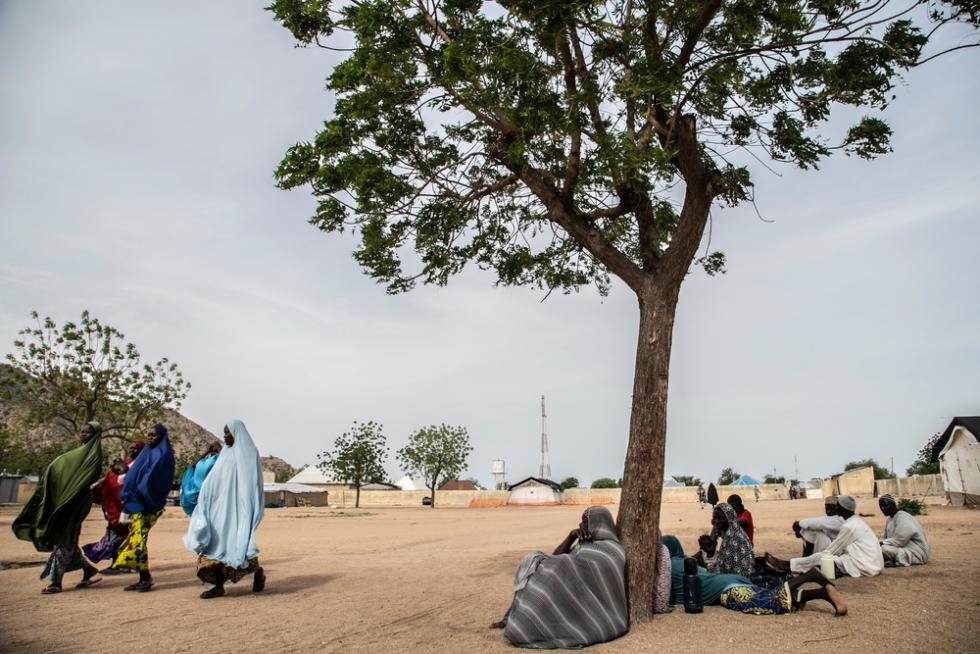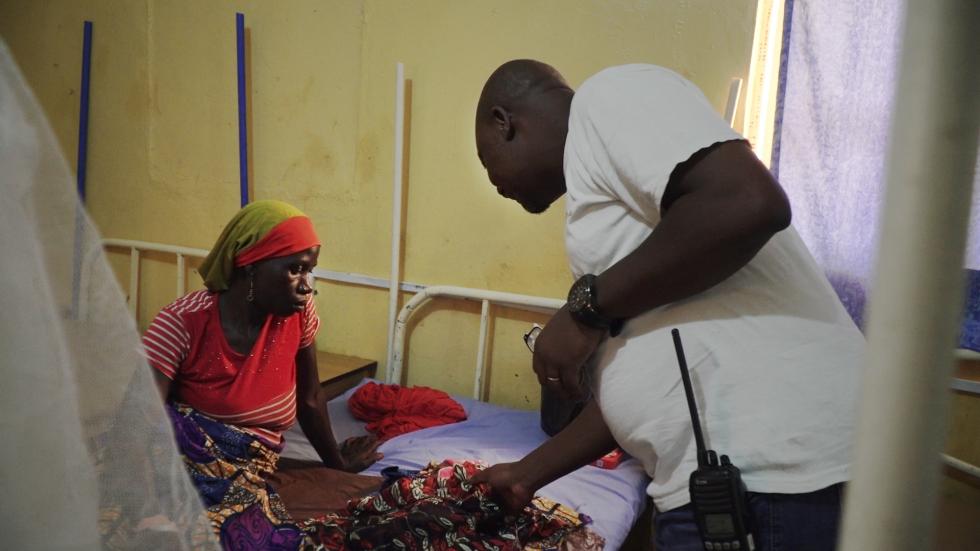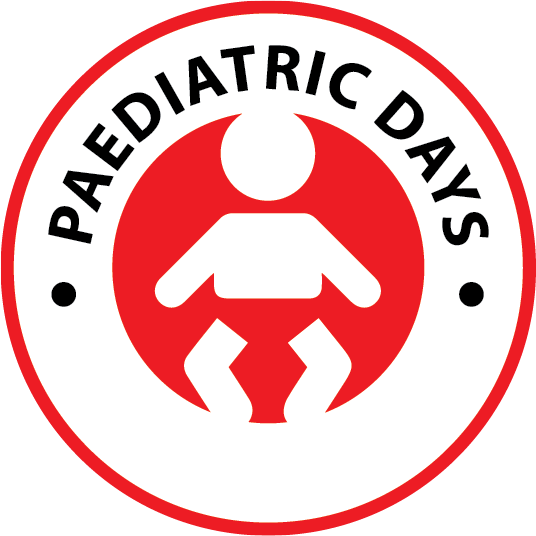Treating children with chronic diseases in Pulka, Nigeria

Pulka, a town in the Nigerian state of Borno, hosts more than 40,000 internal displaced people who have fled the long-running conflict in the area. Dr Kathrin Kramer, MSF’s medical activity manager in Pulka, describes her team’s work with children with non-communicable diseases.
"THE FIRST CHALLENGE TO ASSISTING THESE PATIENTS IS TO IDENTIFY THEM"
By MSF doctor Kathrin Kramer in Pulka
“The cases I have seen during my two-month stay are mainly children with sickle cell disease and asthma. In this situation, where are ability to diagnose and treat patients is limited, helping parents, carers and wider families to detect and prevent the possible complications of chronic diseases early is a very important tool.
The first challenge in this setting is to identify children with non-communicable diseases. Many parents and carers only seek medical help when there is an emergency and the child is already in very bad condition. For example, I recall several cases of children who, in the beginning were treated for respiratory infections. It was only later, after frequent visits to the outpatient department for coughs, and later in the emergency room with asthmatic attacks, that we recognised them as chronic asthmatic patients.
We usually see children with chronic diseases during an emergency so we treat them in the hospital. After that, we invite them to come back for follow-up consultations. But access to good chronic treatment is also a challenge, as the proper medication is not always available. We provide child patients with chronic asthma with inhalators and teach them how to use it. For children that are too young to use the regular inhalers, we provide improvised spacers, a device or tube used to increase the ease of administering medication from an inhaler. The most important part is that we teach both the parents and children how to use it in case of an asthmatic attack.
A key component in the treatment of child patients is educating their parents, so they are able to identify the early symptoms of complications and emergencies linked to the disease. Our goal is for carers to be able to provide good assistance to their child at home and to quickly seek out for medical treatment at the hospital in case of difficulties. We explain them how they can detect early on that the child is having difficulty breathing. We also inform them about some risk factors that are related or known to trigger or worsen complications, for example cooking with fire in a closed room.
Sometimes it is difficult to explain to them the condition of the child and the disease. We are working in a place where education levels are low and, in some cases, there are problems with language barriers. As with a lot of displaced communities, there are often households with only one carer for several children. There are multiple daily challenges, like shortages of water, that they also have to deal with. In these conditions it is sometimes hard to focus on one child that needs more attention. However, we receive strong support from our social workers, and mental health and health promotion teams. They are able to explain to carers what is important to take into consideration and can support them to cope with the challenges that are caused by a chronic disease.”
Pulka is completely controlled by the military and people’s movements are limited. There have been severe shortages of food, water and shelter, and some basic needs remain unmet. In this context, with no presence of governmental health actors, MSF is providing primary and secondary healthcare to displaced people and the host community. Among the patients MSF is treating in Pulka, there are cases of children with non-communicable diseases. There were up to 13 consultations for chronic asthma child patients per months in 2018.

